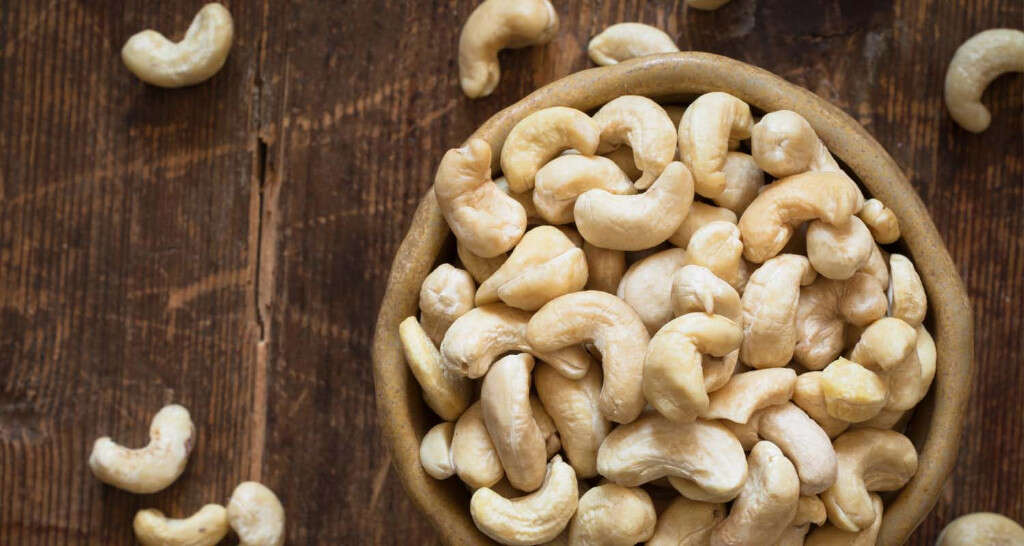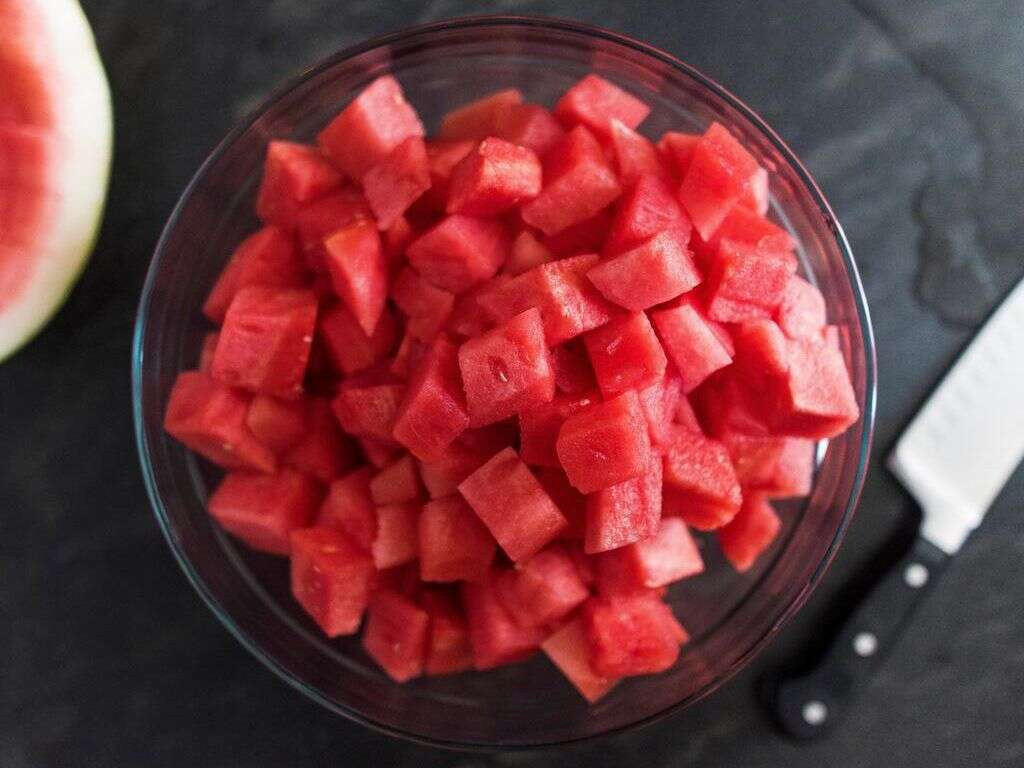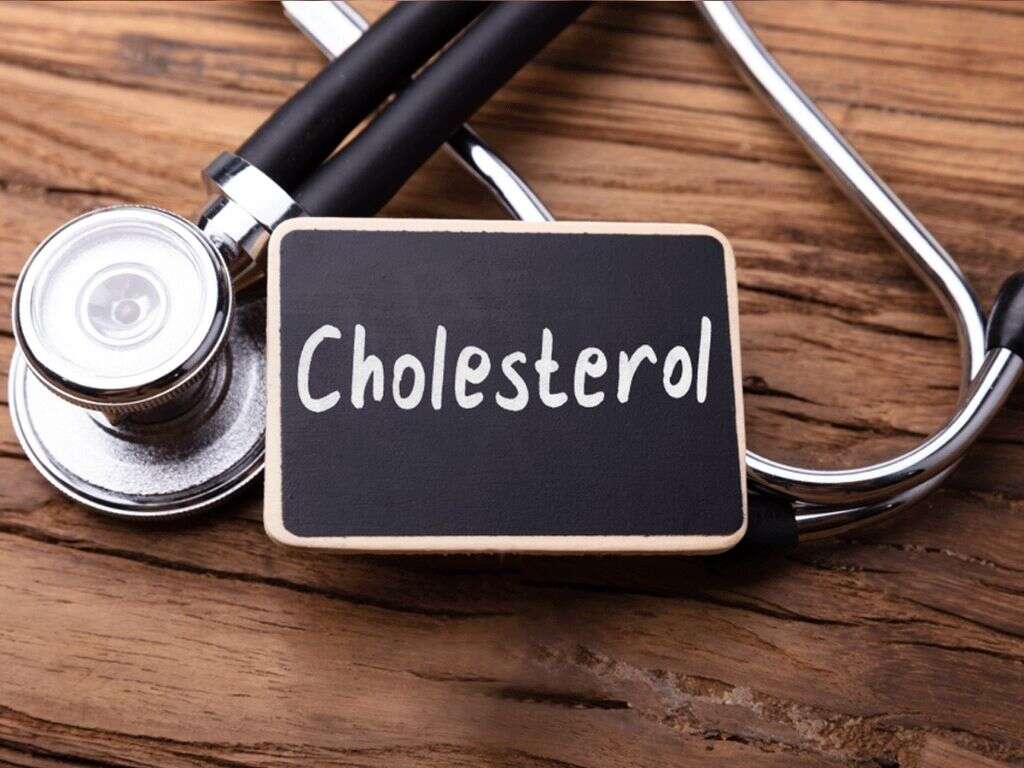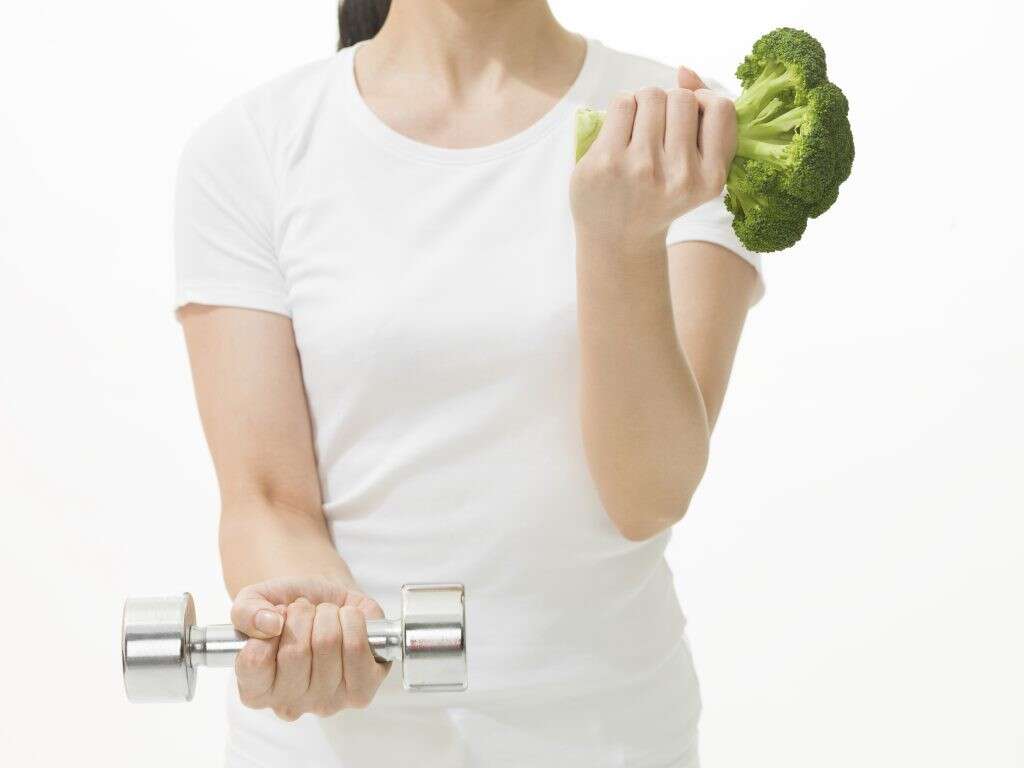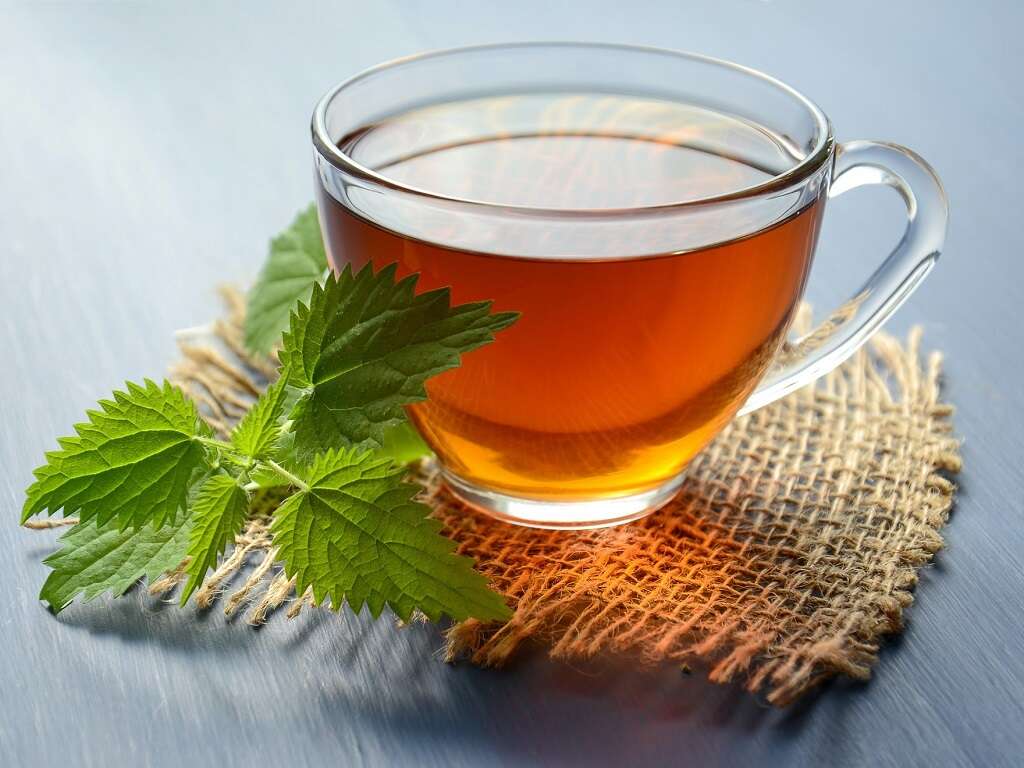10 Best Keto Nuts
The ketogenic diet is low in carbohydrates, moderate in protein, and high in fat. The ketogenic diet can be traced to the 1920s to ease seizures in children. Today, the diet is still used for this purpose. However, in popular science, the diet is well known for its weight-combating results and unique dietary rules.
By depriving the body of carbohydrates, you are causing it to turn to another source of energy. The body begins burning fat. It also turns fat into ketones in the liver, which will help supply energy for the brain. Ketogenic diets have not only been linked to weight loss, they have also been linked to decreasing triglyceride levels and leading to significant reductions in blood sugar and insulin levels.
The great thing about the ketogenic diet is although you need to restrict carb intake, there are numerous tasty food sources that are high in fat and protein that can keep you satisfied. This article will highlight some nuts that are keto friendly.
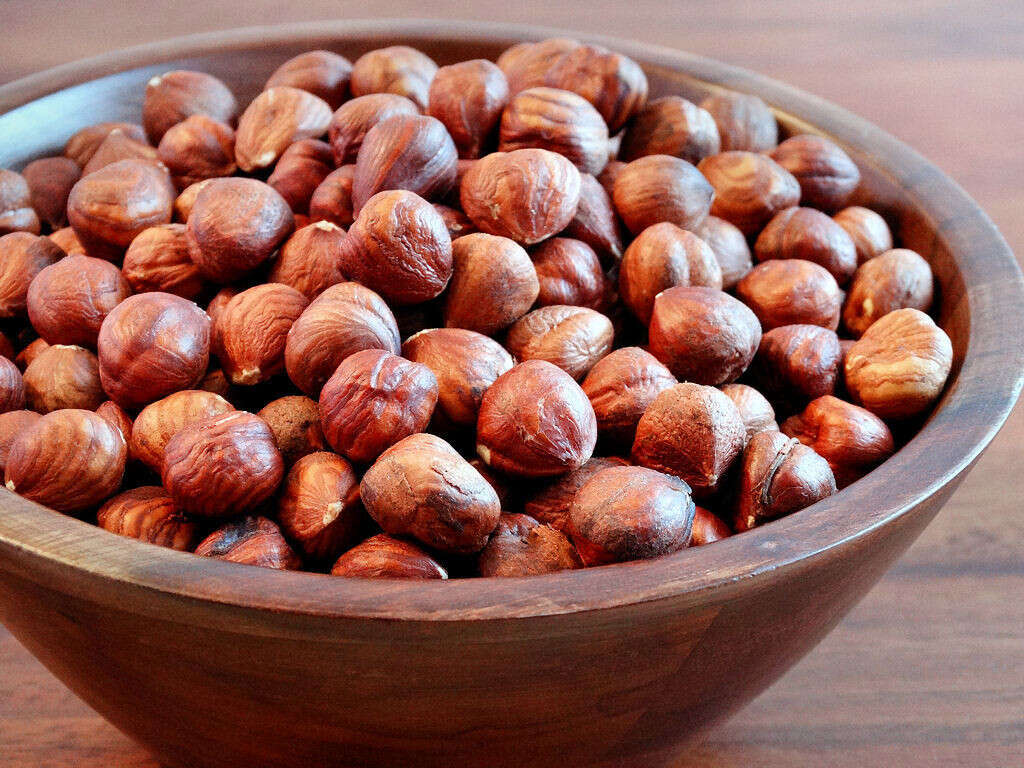
Keto Nut #1: Pecans
Pecans are a great snack to munch on in between meals. Not only are they one of the lowest carbohydrates nut on the market, they are filled with antioxidants.
Pecans are rich in fiber. Fiber is essential for overall wellness because not only does it help ease digestion, it binds to cholesterol in the body and excretes it before it can be absorbed. In addition, pecans also contain magnesium. Magnesium is known for its anti-inflammatory benefits and can even help lower blood pressure. In 1 oz. of pecans, there are only 1.1 grams of carbohydrates. Pecans can be used as a snack or sprinkled in a salad.
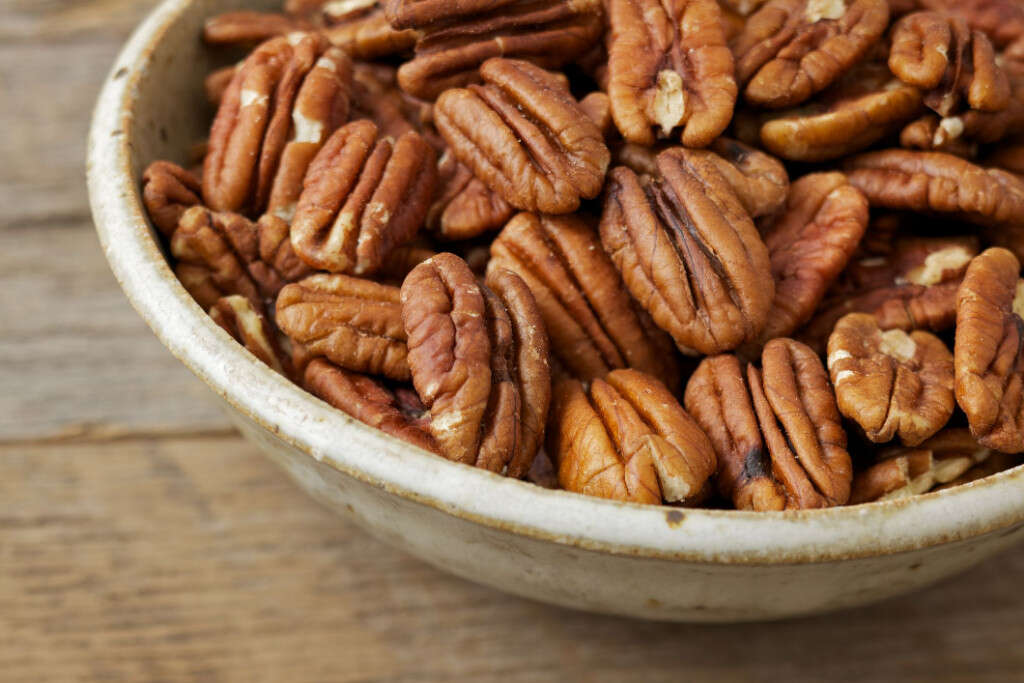
Keto Nut #2: Brazil Nuts
Brazil nuts are not very common; however, their low carbohydrate profile make them a great addition to a ketogenic diet. For those of you who have never seen a Brazil nut, they are quite big in comparison to other nuts. Brazil nuts only contain 1.3 grams of carbohydrates. Moreover, they contain 18 grams of fat and 4 grams of protein. Thus, they really pack on the fat and protein in just one serving.
In addition to their rich nutrient profile, Brazil nuts have been linked to lowering serum lipid levels such as cholesterol and triglycerides in the blood. Just one serving of Brazil nuts a day could have this effect.
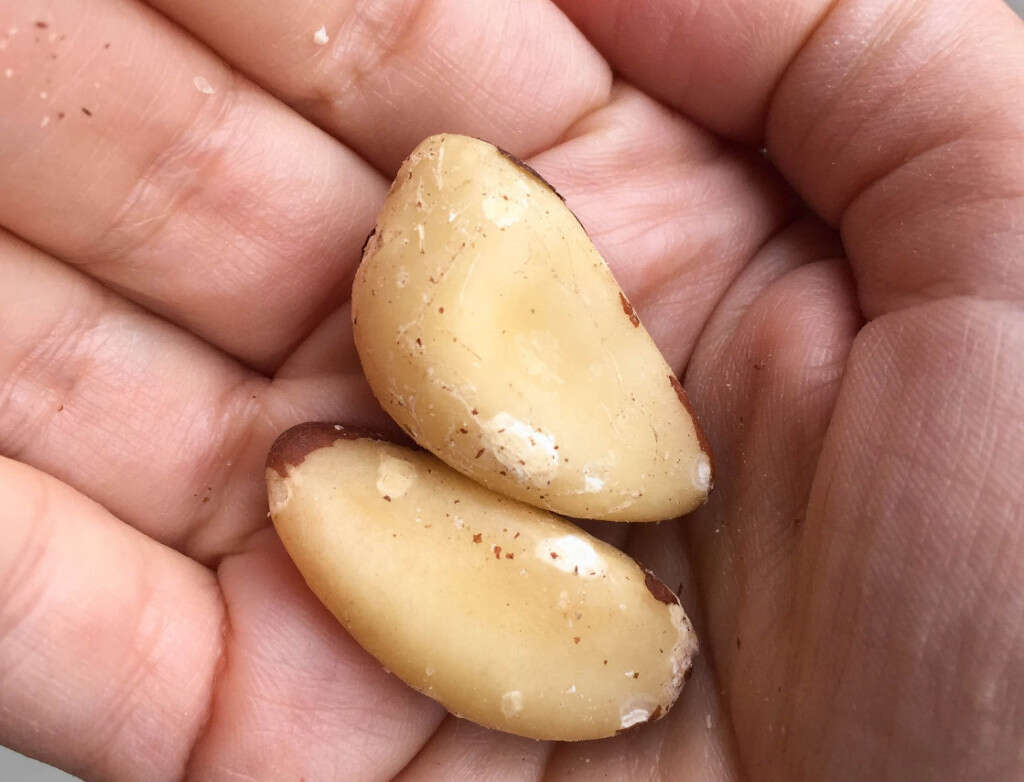
Keto Nut #3: Macadamia Nuts
Macadamia nuts are 75% fat. This not only makes it a great ketogenic food, but it also makes it the “King of the Keto Nuts.” The nut gets this name for having the highest fat content of all nuts. Impressive when there are so many varieties of nuts.
In a 1 oz. serving of macadamia nuts, there are only 1.5 grams of carbohydrates and 21 grams of fat. Of the 21 grams of fat, 17 grams are from monounsaturated fats. Monounsaturated fats are good fats. These are the types of fats that help reduce insulin resistance and cholesterol levels all while reducing belly fat and heart disease.
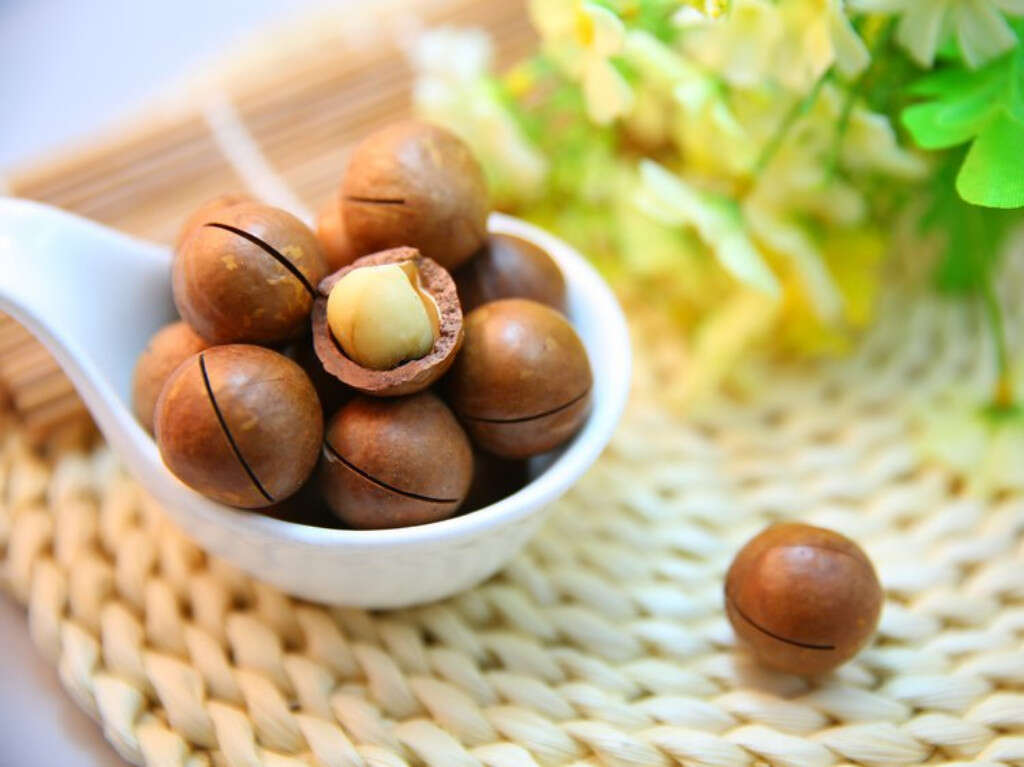
Keto Nut #4: Walnuts
Walnuts can be used as a snack, in an entrée, or even in some of your favorite baked goods. Walnuts have one of the richest plant sources of omega 3s. In just 1 oz. of walnuts, there are only 1.9 grams of carbohydrates, 4.3 grams of protein, and 18.3 grams of fat.
Walnuts have polyunsaturated fats, which have numerous health benefits such as improved brain health, decreased inflammation, and decreased chances of obtaining a stroke or heart disease. To continue, the nut has also been linked to promoting weight loss. In a study with 293 participants consuming 1 oz. of walnuts a day, a significant amount of weight loss was seen in the participants.
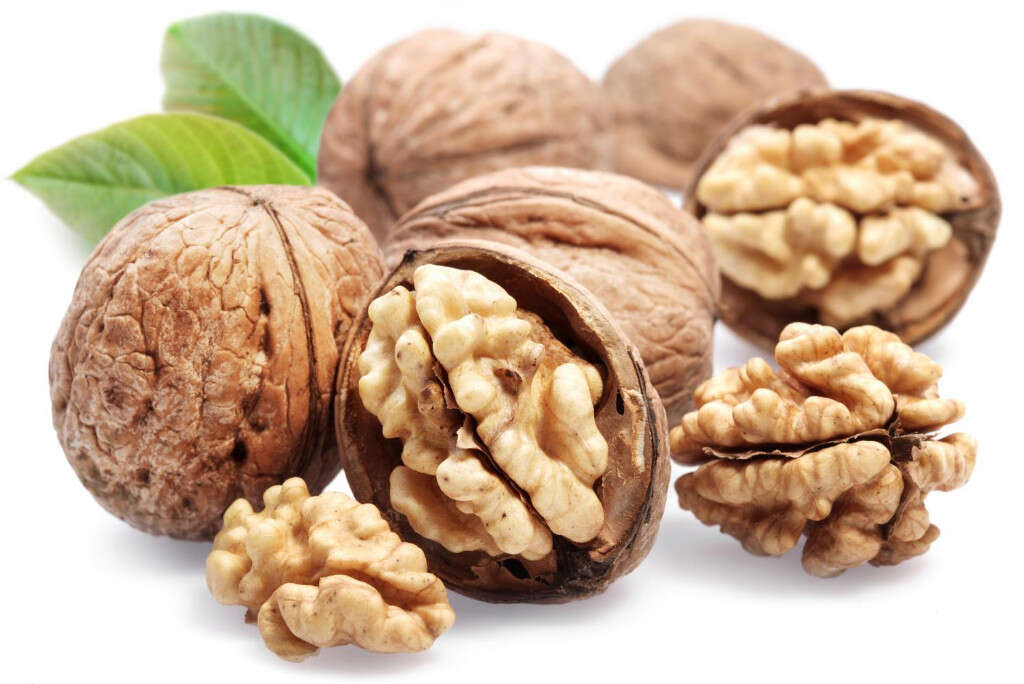
Keto Nut #5: Hazelnuts
Many of us may know hazelnuts as the key ingredient in Nutella. Unfortunately, due to the added sugars and high carbohydrate amount, Nutella is not a ketogenic friendly food. However, raw or roasted hazelnuts are. Hazelnuts only contain 2.3 grams of carbohydrates per oz. In addition, they contain 17 grams of fat and 4 grams of protein.
Moreover, there are several health benefits from consuming hazelnuts. In one review, which evaluated 385 scientific papers, a diet rich in hazelnuts was linked to lowering cholesterol levels and, more specifically, LDL levels. LDL transfers cholesterol from the liver to the tissues. A low LDL cholesterol level is linked to improved cardiovascular health.

Keto Nut #6: Pine Nuts
Pine nuts, also known as pignolias, contain 2.7 grams of carbohydrates, 19 grams of fat, and 4 grams of protein. Pine nuts have several health benefits. Some of these benefits include improving blood circulation, helping with blood clotting, aiding in appetite suppression, and even relieving menstrual cramps. The nuts also have an impressive iron content. Just 1 oz. fulfills 6% of the recommended allowance.
The mildly sweet flavor in these nuts complements many different recipes. The classic use is in a creamy pesto sauce, but they can also be used in desserts or as a topping on salads.
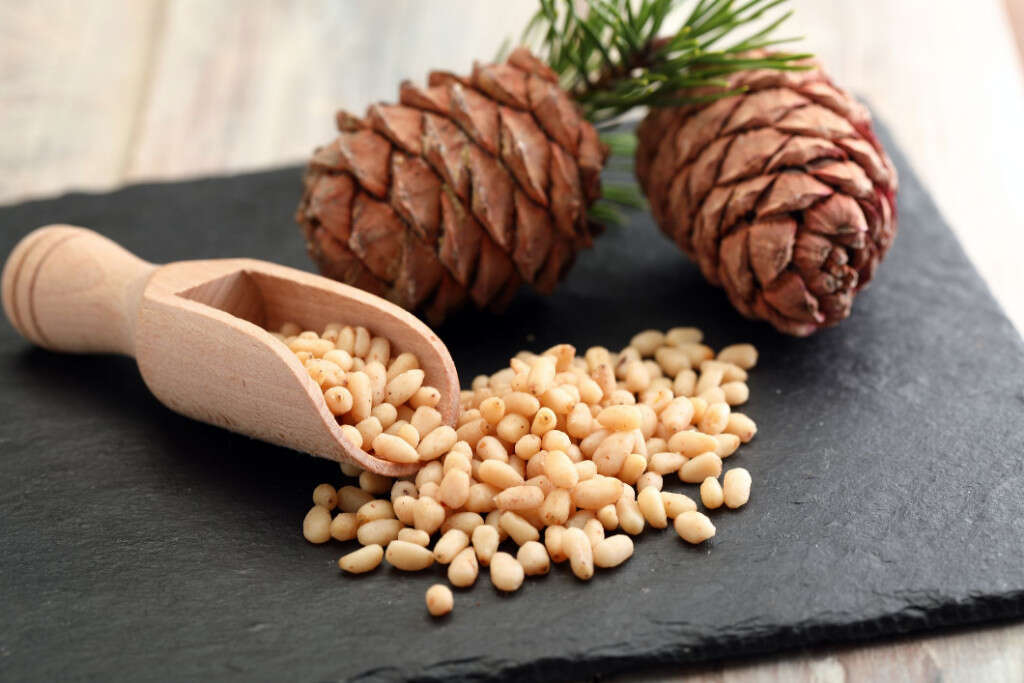
Keto Nut #7: Almonds
Almonds have received quite a bit of popularity over the past few years. Many eat almonds as a snack; however, they can be added as a salad topping, to Greek yogurt, oatmeal, or even a smoothie. Almonds are not as low in carbohydrates as the nuts above; however, if eaten in moderation they can fit into a ketogenic diet.
One serving of almonds contain 3 grams of carbohydrates, 14 grams of fat, and 6 grams of protein. Like other nuts on this list, almonds have several health benefits. This includes decreased risk of heart attack, lower cholesterol, reduced inflammation, improved gut health, and a lower risk for obesity. Almond flour is also a great ketogenic alternative to wheat flour. This will allow baking without having to worry so much about going over your carbohydrate limit.

Keto Nut #8: Peanuts
As you probably know, the peanut is not actually a nut, but a legume related to beans and lentils. Studies have shown that diets higher in monounsaturated fats from peanuts and peanut butter can reduce the risk of cardiovascular disease. Peanuts are also a good source of protein and have zero cholesterol.
Like most nuts, peanuts are also low in carbs, so yes, they are ketogenic. Keep in mind, though, that peanuts are also delicious and addictive; you can easily overeat them without even noticing and take in more carbs than planned. So, make sure to track your carb intake when munching on peanuts, and try to keep your intake to a handful a day.
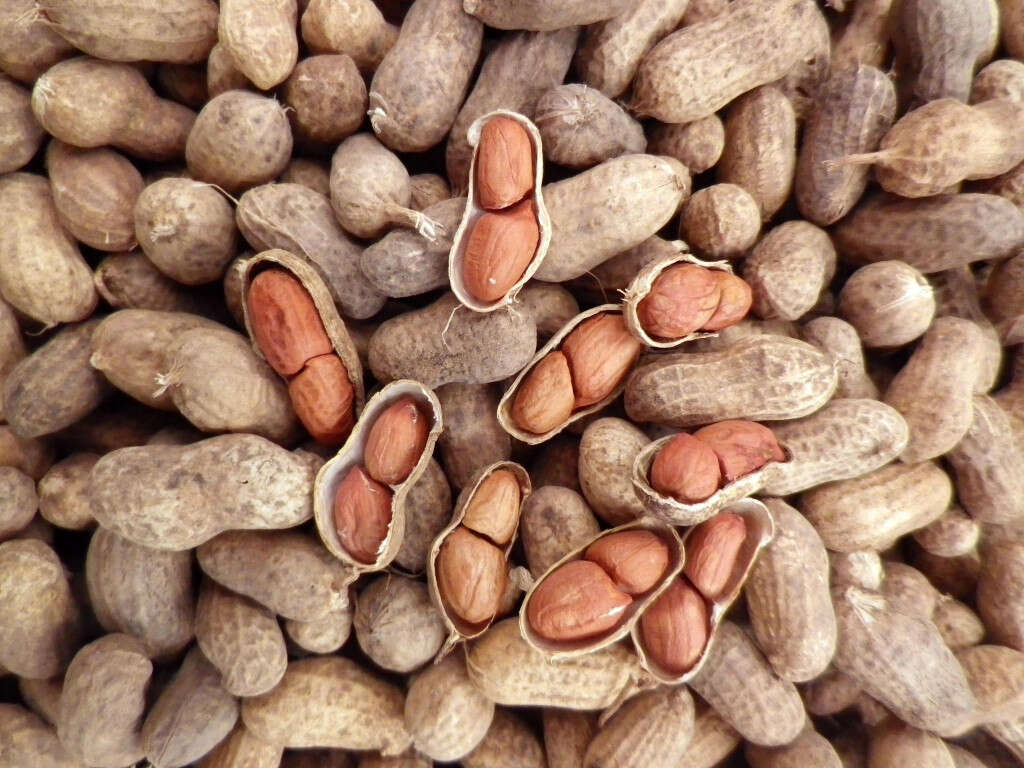
Keto Nut #9: Pistachios
Pistachios are also great when it comes to following a ketogenic diet. In addition, pistachios are a nutrient powerhouse. One serving of pistachios contains 49 pistachios. In comparison to other nuts, this is a great amount. Other nuts typically only have 16 to 18 nuts per one serving. They also contain more than 10% of the daily value for dietary fiber, vitamin B-6, thiamin, phosphorus, and copper.
Moreover, one serving of pistachios contains 6 grams of protein. This makes it a great snack. In addition, its fiber content will slow the absorption of food, thus keeping you feeling full longer.
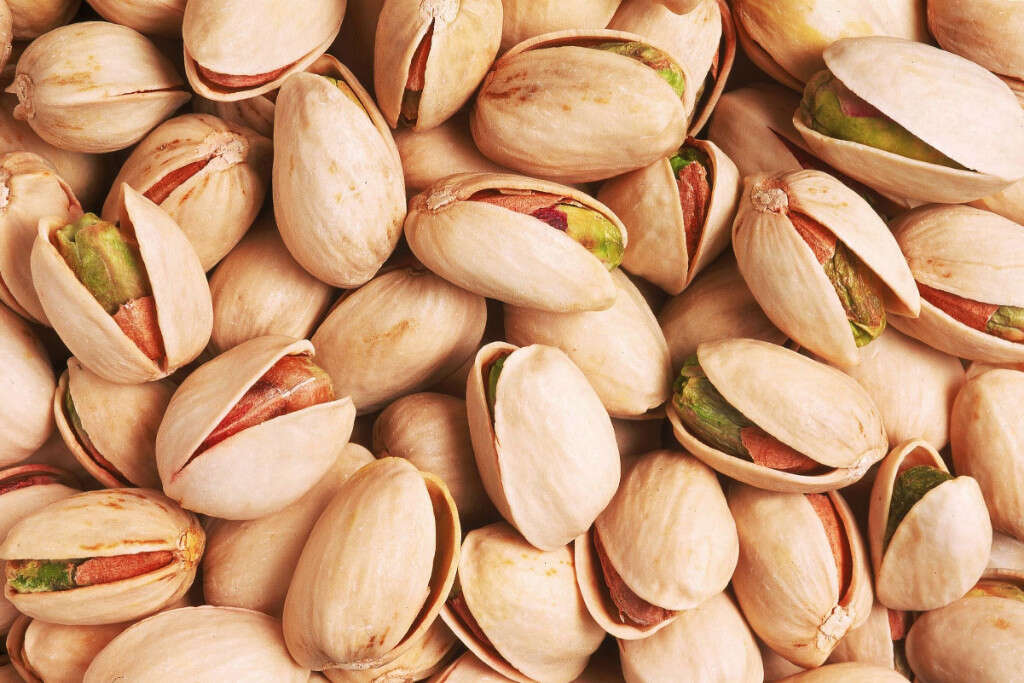
Keto Nut #10: Cashews
Lastly, cashews are also a ketogenic-friendly nut. Cashews are higher in carbohydrates than other nuts, thus be cautious of cashew intake.
Cashews are an excellent source of protein and fiber. In addition, they are rich in monounsaturated fats. Monounsaturated fats have been linked to reducing inflammation and reducing the chances of heart disease. Moreover, cashews are also a good source of several vitamins. For instance, cashews are a good source of folate, B vitamins, magnesium, phosphorous, and selenium.
